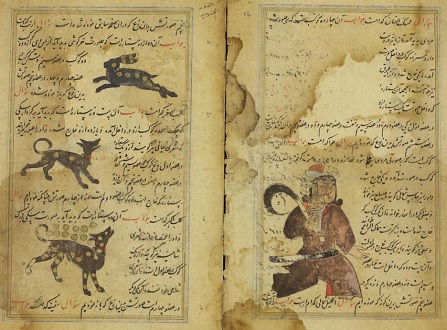The economy of ethnic cleansing
להגדלת הטקסט להקטנת הטקסט- ספר
In the wake of World War II the Sudetenland became the scene of ethnic cleansing, witnessing not only the expulsion of nearly 3 million German speakers, but also the influx of nearly 2 million resettlers. Yet mob violence and nationalist hatred were not the driving forces of ethnic cleansing; instead, greed, the search for power and property, and the general dislocation of post-war Central and Eastern Europe facilitated these expulsions and the transformation of the German-Czech borderlands. These overlapping migrations produced conflict among Czechs, hardship for Germans and facilitated the Communist Party's rise to power. Drawing on a wide range of materials from local and central archives, as well as expellee accounts, David Gerlach demonstrates how the lure of property and social mobility, as well as economic necessities, shaped the course and consequences of ethnic cleansing.
| כותר |
The economy of ethnic cleansing : the transformation of the German-Czech borderlands after World War II / David W. Gerlach, Saint Peter's University, New Jersey. [electronic resource] |
|---|---|
| מוציא לאור |
Cambridge : Cambridge University Press |
| שנה |
2017 |
| הערות |
Title from publisher's bibliographic system (viewed on 27 Nov 2017). Includes bibliographical references and index. |
| הערת תוכן ותקציר |
In the wake of war : expulsions, violence and borderland life -- Divisions within the nation : resettlement, local power and settler conflicts -- Persian rugs and well-appointed farms : the politics of expropriation -- German workers, Czech settlers and labor politics -- Consolidating borderland industries : from confiscation to nationalization -- Borderlands transformed. |
| היקף החומר |
1 online resource (xi, 295 pages) : digital, PDF file(s). |
| שפה |
אנגלית |
| מספר מערכת |
997012334584705171 |
תצוגת MARC
תגיות
- Germans Relocation Czech Republic Sudetenland.
- Sudeten Germans History 20th century.
- Sudeten Germans Economic conditions 20th century.
- Population transfers Germans History 20th century.
- Forced migration Czech Republic History 20th century.
- World War, 1939-1945 Confiscations and contributions Czechoslovakia.
- European War, 1939-1945
- Second World War, 1939-1945
- World War 2, 1939-1945
- World War II, 1939-1945
- World War Two, 1939-1945
- WW II (World War, 1939-1945)
- WWII (World War, 1939-1945)
- Cleansing, Ethnic
- Compulsory resettlement
- Ethnic cleansing
- Ethnic purification
- Involuntary resettlement
- Migration, Forced
- Purification, Ethnic
- Relocation, Forced
- Resettlement, Involuntary
- Sudetendeutsche
- Sudetenland (Czech Republic) History 20th century.
- Sudetenland (Czech Republic) Economic conditions.
- Sudetenland (Czech Republic) Ethnic relations History 20th century.
- Czechoslovakia Politics and government 1945-1992.
- nne Sudetenland (Czechoslovakia)
- Sudety (Czech Republic)
- E0160000 E0160000 N0503000 N0503000
יודעים עוד על הפריט? זיהיתם טעות?

 כניסה עם גוגל
כניסה עם גוגל
 כניסה עם פייסבוק
כניסה עם פייסבוק



